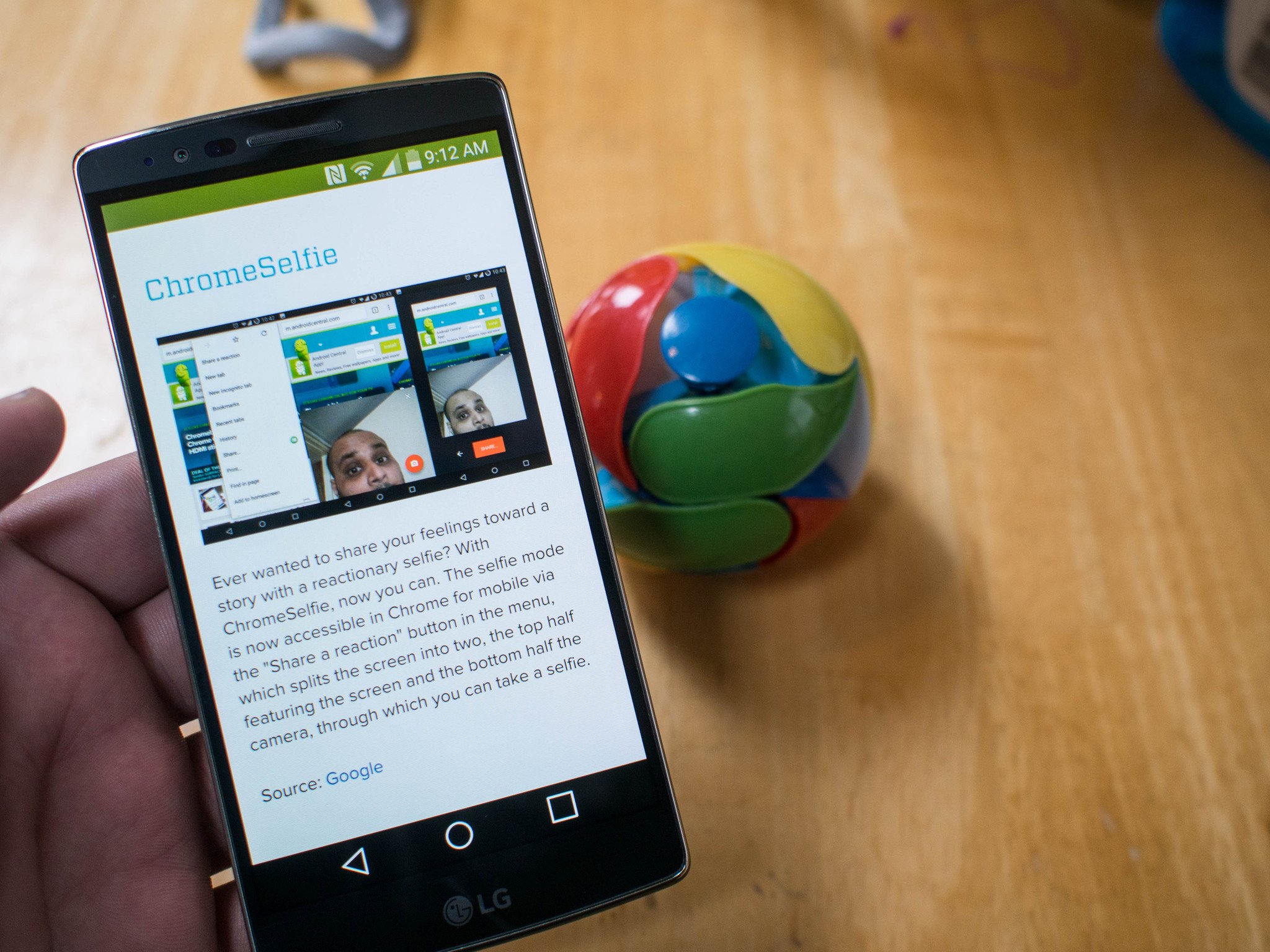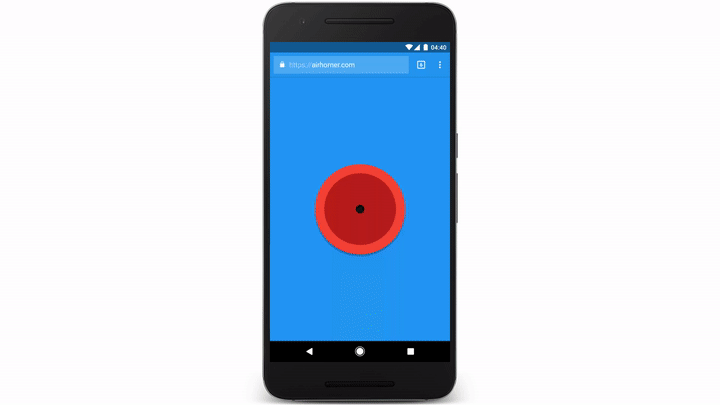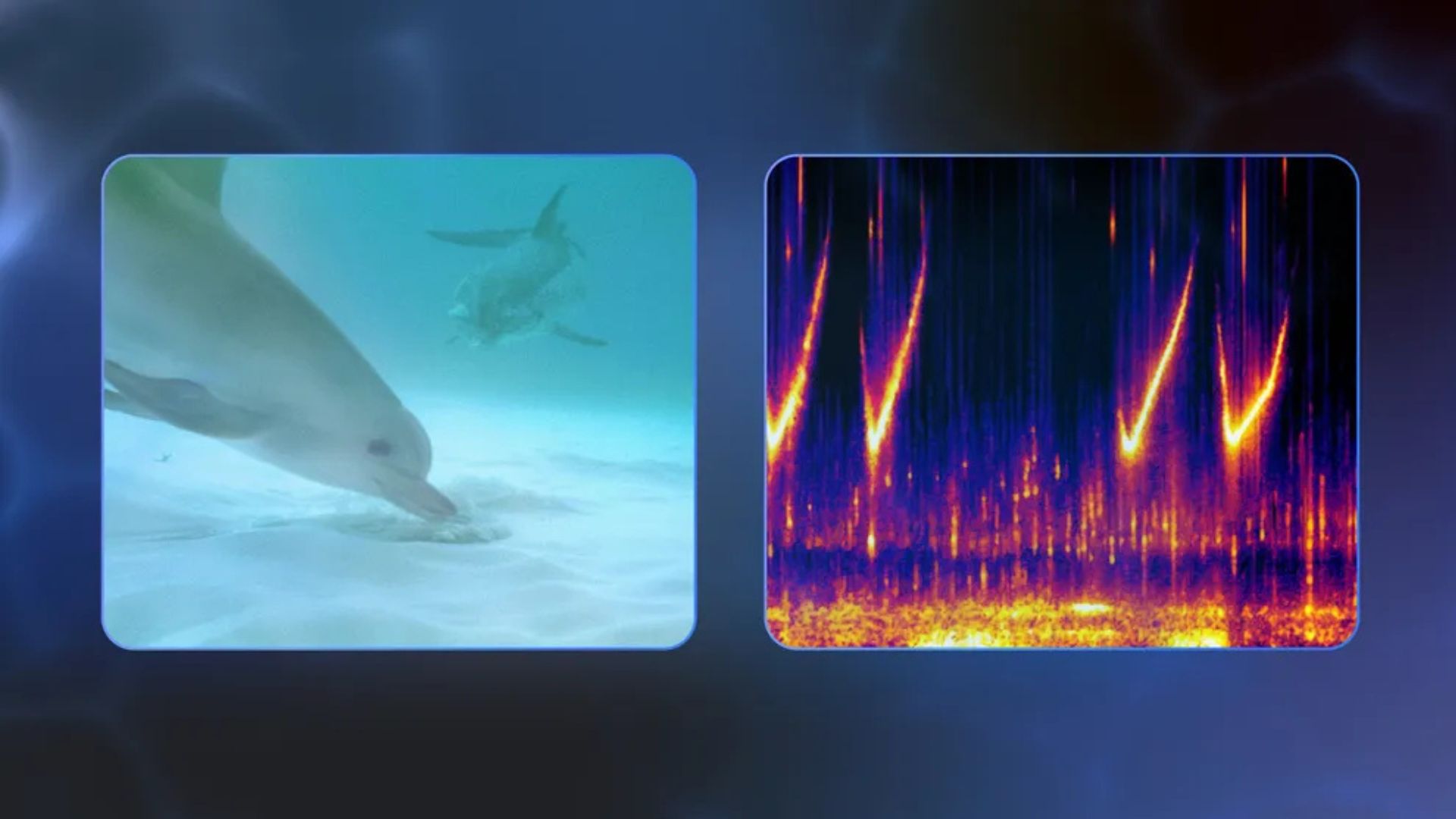Google just showed us the future of Android: The web is your app store

I remember thinking last November (2016 if you're reading this from the future), while watching speakers at the Chrome Dev Summit, that Google remembered how important the web was several times. Not the internet where data files back and forth, but the web, the part of that internet you see through a web browser.
Whether you're using Chrome or another program that is built for seeing all the things on the web, or a component in another app that can show you a part of the web that's meaningful and relevant to what you're doing right this moment, the web is a powerful medium for all things. It's also one of the first user experiences we all had and our children may have.
The web was was the first look at what we call User Experience for all things tech.
OK, maybe remember isn't the right word here. Google has spent countless amounts of money and time building tools to both make the web and see the web. The Chrome browser has gone from an amateurish side project into a full-fledged operating system that's so well connected it just works no matter where your things are (or where an apps things are) in the world as long as they are on a server.
Chrome OS leverages the internet — all the tubes and data pipes that put almost anything digital within our reach — and uses the web as a way for us to see and hear it all. Terms like "online" and "offline" can blur in Chrome OS because almost every user interface is a web page and everything these apps can do is done the same way as a web page 10,000 miles away would do it.
There are a lot of amazing things happening at Google that are overshadowed by Android.
It has also been very busy adopting existing and building new web standards, making it easier for anyone to distribute everything through the internet with a friendly web interface and trying to get the internet to more places so more people can be a part of the web and everything else it has to offer. Google has not sat idly by whilst it watches Android slowly become the dominant computing platform in the world. It's been busy preparing for what's next and laying the foundation for what comes after what's next.
And we got to see a glimpse of what's next through a short post on the Chromium blog about Progressive Web Apps (PWAs). The web can become a global app store and our phones can be a tool to see a web interface that can do almost anything.

At first glance, it sounds like we're just seeing a better way to put bookmarks on our home screens. And in a sense we are. We will be able to tap a button or click a mouse pointer on a link that drops an icon on our phone or Chromebook and maybe one day the Chrome browser on other platforms to take us to something the developers of that webpage want us to see. That sure sounds like a browser bookmark. The difference is what we can't see without diving into everything happening behind the fancy icon.
Be an expert in 5 minutes
Get the latest news from Android Central, your trusted companion in the world of Android
If you have a web browser you can run a web app — the next step is making those apps part of Android.
If you're technically inclined, check out what Paul Kinlan has to say at Google's Web Developer site to see how this is so much more than a bookmark. We've heard about instant apps that run on-demand yet are still Android applications.
This is a similar, yet different, way to merge the internet, the web and the thing in your hands you use to see it. These new ways for PWAs to become part of Android use an Android app that's built and installed on the fly through Chrome to connect with an application that is running on a web server. And Google's development tools mean that things we never thought of as a "web page" can be done on that server and displayed on the screen you're looking at. Things like games, or accounting software or a virtual reality tour of a museum. Things that we usually have to install on our phones.
This is what Chrome OS does so well. The things you see in an app might just be things happening in a server room and you wouldn't know the difference.
It doesn't have to matter where things are stored or where they are processed as long as the user interface is on our screen. This new PWA integration is how that gets started.
If you read through Kinlan's breakdown you'll find that there are some really interesting things coming. An app that runs on the web will be able to use cloud messaging and give you the same notifications you get from an app installed locally. A web app will be able to open and process other files, which could be local or stored on another server somewhere. Things you create with a PWA can be stored locally, managed by Chrome using its permissions and secured storage and shared with other apps and other people using the same intents that a local app does. Again — just like Chrome OS. Most exciting of all is that getting all of this to work on other browsers is happening. Google wants to make the web your new app store, and more.
If Andromeda is some sort of merging of Chrome and Android, this is the beginning of it.

Jerry is an amateur woodworker and struggling shade tree mechanic. There's nothing he can't take apart, but many things he can't reassemble. You'll find him writing and speaking his loud opinion on Android Central and occasionally on Threads.
